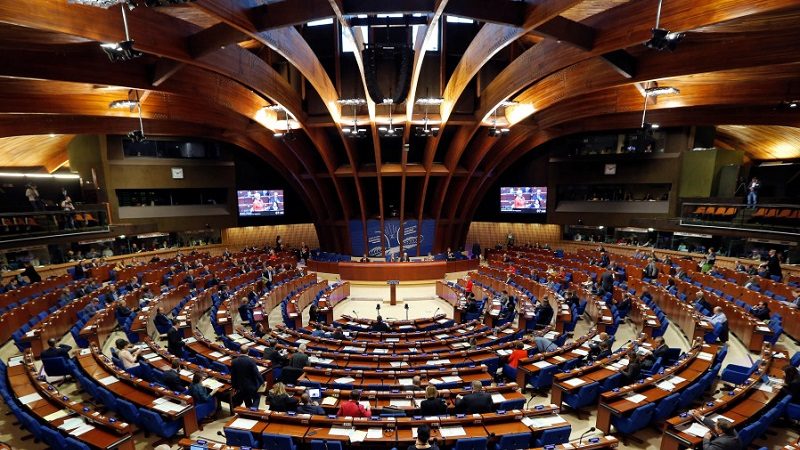Consecutive assessments of the state of the freedom of expression in Europe over the past five years have shown that “threats to this anchor of democratic societies are growing across the continent,” according to a report by the Council of Europe.
The Council’s ‘Freedom of Expression in 2018’ report, published on the eve of World Press Freedom Day, maps out the major threats to freedom of expression in Europe. It also pinpoints the actions that member state governments should carry out to counter them as a “matter of priority”.
Five areas that require special attention include protecting journalists from increasing violence and intimidation, ensuring counter-terrorism measures are not used to restrict media freedom, safeguarding public service media, focusing on quality and investigative journalism.
Malta received a special mention for the outcome of the Venice Commission report, and for the “significant challenges” faced by whistleblowers.
It also highlighted the case of Maria Efimova who left Malta “fearing for her life” after giving information on Egrant and alleged ties to the Prime Minister’s wife to slain journalist Daphne Caruana Galizia. The report notes how Efimova then applied for asylum in Greece where the courts have “so far denied Malta’s extradition requests”.
The CoE noted an upwards trend during 2018 in the number of attacks levied against journalists throughout Member States. It adds that impunity in these cases remains a major concern.
The report recognised the arrests of three individuals in connection with Caruana Galizia’s murder, but it then refers to the PACE (Parliamentary Assembly of the Council of Europe) assessment to investigate the circumstances surrounding Caruana Galizia’s death as well as the application of the rule of law.
Headed by Pieter Omtzigt, PACE is preparing a report on the topic ‘Daphne Caruana Galizia’s assassination and the rule of law in Malta and beyond: ensuring that the whole truth emerges’, after a motion for a resolution was signed by 114 members of the Assembly.
Omtzigt said: “It’s very important that not only the people who are guilty of murdering Daphne Caruana Galizia, but also those who commissioned the murder… are punished appropriately.”
Despite multiple calls for the launch of a public inquiry into whether the journalist’s assassination could have been prevented, the Maltese government has refused to do so. The Caruana Galizia family has now been forced to enter into litigation, arguing a breach of human rights.
It was recently announced that Malta had been selected to undergo a periodic review by the Council of Europe to assess whether the country is honouring its human rights obligations. States were once selected for this process in alphabetical order, but this time round Malta was picked for a review on “substantive grounds”, a spokesperson for the Council told The Shift News.
The Venice Commission’s opinion on Malta’s constitutional arrangements and the PACE report being prepared by Omtzigt may have influenced the “in camera” decision that put Malta forward for review.
Noting that freedom of expression is an “essential precondition for democratic security”, the CoE report calls on members states to recognise that it “deserves the highest attention”.












